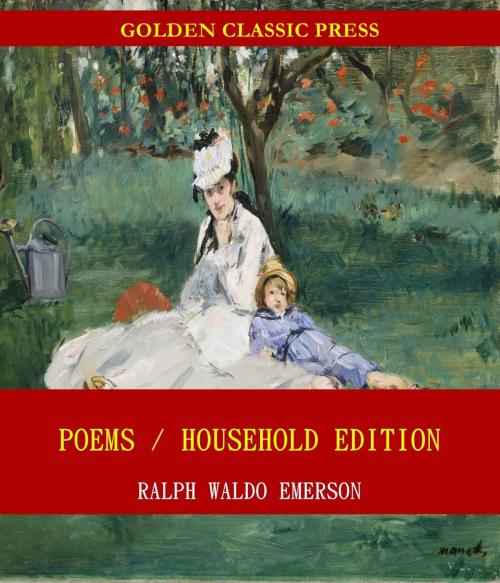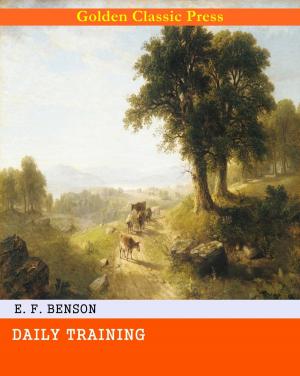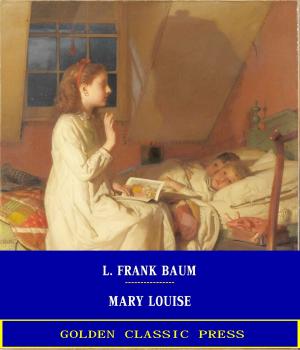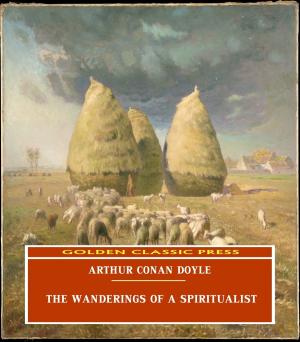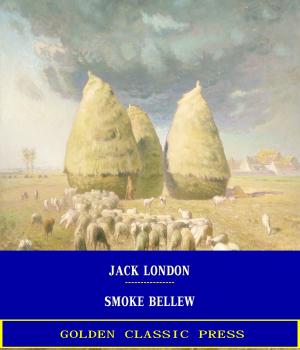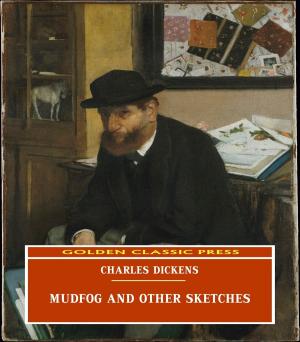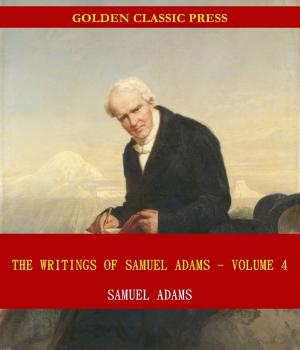| Author: | Ralph Waldo Emerson | ISBN: | 1230002981000 |
| Publisher: | GOLDEN CLASSIC PRESS | Publication: | December 7, 2018 |
| Imprint: | Language: | English |
| Author: | Ralph Waldo Emerson |
| ISBN: | 1230002981000 |
| Publisher: | GOLDEN CLASSIC PRESS |
| Publication: | December 7, 2018 |
| Imprint: | |
| Language: | English |
*** Original and Unabridged Content. Made available by GOLDEN CLASSIC PRESS***
Synopsis:
During the 1800s in America, the rise of technology allowed people to have more possessions than ever before, and at a cheaper cost. However, a group known as the Transcendentalists believed that possessions created vanity. Instead, they valued the individual's relationship with divinity. One of the movements most famous members, Ralph Waldo Emerson, wrote prolifically about his beliefs and experiences, and many of those writings have been chronicled in "Essays & Poems by Ralph Waldo Emerson." It is in the first essay, "Nature," that Emerson publicly acknowledges the transcendental lifestyle. He describes how man-made technology detracts from the beauty of the real world. Through nature, Emerson says that people can find spirituality and wholeness. This exploration of the natural world continues in his other essays and speeches "An American Scholar," and "Circles" as well as in the poem "The Rhodora." The lyrics to "Concord Hymn" are also included in the collection. The song was written for a dedication ceremony of a battle monument commemorating the Battle of Concord. The lyrics celebrate the spirit of the American battle and praise the soldiers who lost their lives for freedom and revolution. It was in this song that the phrase "the shot heard 'round the world" became a part of American folklore and popularity. Emerson also explored the American political spectrum in his essay "Politics." The author believed that, through individual growth and wisdom, it would be possible for Americans to abolish government and rule autonomously. Until that point, though, the State needed to protect the individuals' rights. Readers can explore Emerson's philosophies, ideas and more in the expansive collection of "Essays & Poems by Ralph Waldo Emerson."
*** Original and Unabridged Content. Made available by GOLDEN CLASSIC PRESS***
Synopsis:
During the 1800s in America, the rise of technology allowed people to have more possessions than ever before, and at a cheaper cost. However, a group known as the Transcendentalists believed that possessions created vanity. Instead, they valued the individual's relationship with divinity. One of the movements most famous members, Ralph Waldo Emerson, wrote prolifically about his beliefs and experiences, and many of those writings have been chronicled in "Essays & Poems by Ralph Waldo Emerson." It is in the first essay, "Nature," that Emerson publicly acknowledges the transcendental lifestyle. He describes how man-made technology detracts from the beauty of the real world. Through nature, Emerson says that people can find spirituality and wholeness. This exploration of the natural world continues in his other essays and speeches "An American Scholar," and "Circles" as well as in the poem "The Rhodora." The lyrics to "Concord Hymn" are also included in the collection. The song was written for a dedication ceremony of a battle monument commemorating the Battle of Concord. The lyrics celebrate the spirit of the American battle and praise the soldiers who lost their lives for freedom and revolution. It was in this song that the phrase "the shot heard 'round the world" became a part of American folklore and popularity. Emerson also explored the American political spectrum in his essay "Politics." The author believed that, through individual growth and wisdom, it would be possible for Americans to abolish government and rule autonomously. Until that point, though, the State needed to protect the individuals' rights. Readers can explore Emerson's philosophies, ideas and more in the expansive collection of "Essays & Poems by Ralph Waldo Emerson."
